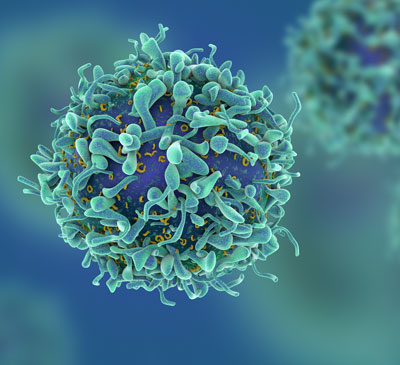Overview of the pipeline analysis report on IDO inhibitors
Indoleamine-2,3-dioxygenase (IDO) is one of the many immune checkpoints in tumor immune escape. Inhibiting IDO will help researchers restore immune system responses, which in turn, will help identify and destroy cancer cells. In addition to transforming the approach to treat advanced melanoma, the successful entry of IDO inhibitors in the market will also help transform the treatment of non-small lung cancer, triple-negative breast cancer, and bladder cancer with the existing therapies. Currently, most of the IDO inhibitors under investigation are in the very nascent development stage and focusing on R&D, pharmaceutical companies are making huge investments through collaboration agreements. For instance, one of the major pharmaceutical companies Pfizer has partnered with iTeos Therapeutics for the development of undisclosed IDO1 and tryptophan 2,3-dioxygenase 2 (TDO2) inhibitors.
According to Technavio’s pipeline analysis report on IDO inhibitors, most of the molecules under development are currently in the pre-clinical development stage. Redx Pharma is focusing on the development of IDO inhibitor for the treatment of solid tumors such as skin and lung cancer. The company has revealed that during the pre-clinical studies, the IDO inhibitor already exhibited potent cellular activity against the IDO1 enzyme in both the cancer cell lines and human dendritic cells.
Key companies
In terms of the company’s revenue, this pipeline analysis report has segregated the players involved in the development of IDO inhibitors into Tier 1, Tier 2, and Tier 3 companies. One of the Tier 1 companies Bristol-Myers Squibb is currently developing BMS-986205 for the treatment of patients with advanced malignant tumors. The company has already acquired Flexus Biosciences for about USD 800 million and earned a revenue of more than USD 19 billion during 2016.
The Tier 1 companies covered in this report are –
- Pfizer
- Bristol-Myers Squibb
- Kyowa Hakko Kirin
Segmentation of IDO inhibitors by indication
- Metastatic melanoma
- Metastatic pancreatic cancer
- mCRPC
- Malignant glioma
- Astrocytoma
- Breast cancer
This pipeline analysis report on IDO inhibitors has identified that most of the molecules under development are in the pre-clinical stage and their indication is not yet disclosed by the companies. Most of the molecules in the I, II, and III phase are being developed for specific solid tumors.
Therapeutic assessment of IDO inhibitors by molecule type
- Small molecule
- Cell therapy
- Undisclosed
Small molecules can enter cells easily since they have a low molecular weight. According to this pipeline analysis report, most of the molecules that are currently under investigation in the IDO inhibitor pipeline are small molecules.
Key questions answered in the report include
- What are the different stages of the pipeline molecules in investigation?
- What are the molecules in the various development stages in the IDO inhibitors pipeline?
- What are the key companies that are currently involved in the development of IDO inhibitors?
- What are the major regulatory authorities approving IDO inhibitors in various regions?
Technavio also offers customization on reports based on specific client requirement.
